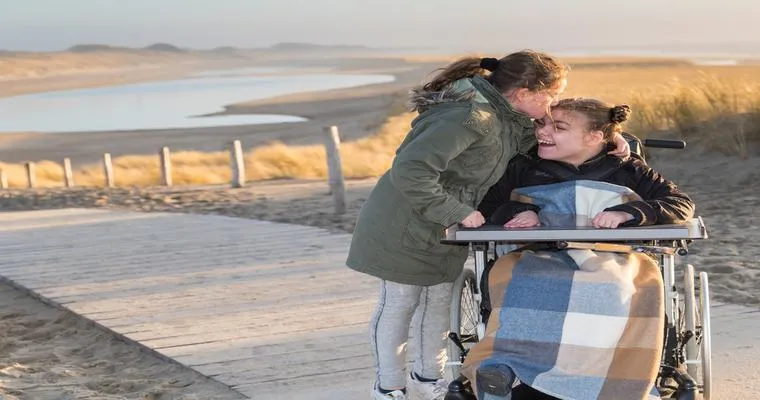Deciding to place a loved one in a "senior living facility" can be an emotional and challenging decision for families. Once the transition is made, families often wonder how involved they should be in their elder's daily life. Striking the right balance between support and independence is crucial for the well-being of both the elder and the family. Understanding the importance of family involvement can help enhance the quality of life for seniors while ensuring they feel loved and supported.
One of the primary ways families can stay involved is through regular "communication". Families should maintain open lines of dialogue with their loved ones living in a senior community. This can include scheduled phone calls, video chats, or in-person visits. Regular communication helps elders feel connected to their families and reassured that they are not alone. It also allows family members to stay informed about their elder's health, social activities, and overall well-being.
Moreover, families should take an active role in "visiting" their loved ones in the facility. While the level of involvement may vary depending on the family dynamics and the elder's preferences, frequent visits can significantly improve the elder's emotional health. Families can participate in community activities, share meals, or simply spend quality time together. These interactions can help seniors feel valued and loved, reinforcing their sense of belonging within the family unit.
In addition to communication and visits, families should also engage in the "decision-making" process regarding their elder's care. This includes staying informed about the services and amenities offered by the senior living facility, as well as advocating for their loved one's needs and preferences. Families can participate in care meetings, where they can voice concerns and collaborate with staff to ensure their elder receives personalized care.
Another vital aspect of family involvement is understanding the "importance of independence" for elders living in a senior living facility. While it is natural for families to want to protect their loved ones, it is equally important to foster independence and autonomy. Encouraging seniors to participate in activities, socialize with peers, and make their own choices can enhance their self-esteem and overall happiness. Families should support their elders in maintaining their independence while being available for assistance when needed.
Lastly, families should prioritize their own "self-care" as they navigate this journey. Caring for an elder can be emotionally taxing, and it is essential for family members to take time for themselves. By managing their own stress and well-being, families can be more present and supportive for their loved ones. This balance ultimately contributes to a healthier relationship between families and seniors in care facilities.
In conclusion, families play a vital role in the lives of their elders living in a senior living facility. By maintaining open communication, being actively involved through visits and decision-making, fostering independence, and prioritizing self-care, families can significantly enhance their loved ones' quality of life. Finding the right balance of involvement will not only benefit the elder but also strengthen family bonds during this important stage of life.





